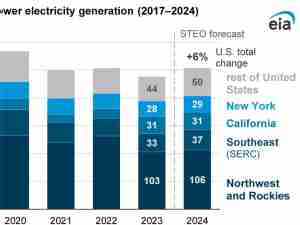Oil declined for a third day as the coronavirus spread in Asia, particularly China, continued to threaten demand.
West Texas Intermediate futures slumped 1.9%, after retreating 4.6% in the previous two sessions. The delta strain of Covid-19 has been detected in almost half of China’s 32 provinces in just two weeks, and at least 46 cities have advised residents not to travel unless strictly necessary.
“Crude oil continues to trade soft with the focus on the risk to demand from a fast-spreading outbreak of the delta coronavirus variant in key importer China,” said Ole Hansen, head of commodities research at Saxo Bank A/S.
After ekeing out a small advance in July, August is proving to be tough for crude. Tightened controls in some Asian nations to curb the spread of the virus risk eroding oil demand at a time when the Organization of Petroleum Exporting Countries and its allies are gradually increasing supply.
China’s latest outbreak has spread to Beijing despite the capital’s stringent measures, with authorities taking steps Tuesday to ban rail passengers from 23 regions. The financial hub of Shanghai also reported a virus case this week. As risks escalate, analysts are reviewing their economic growth projections.
Still, there are positive signs for oil elsewhere. U.S. crude stockpiles may have dropped further, with the American Petroleum Institute reporting a 879,000-barrel weekly decline, according to people familiar with the data. Gasoline holdings shed 5.75 million barrels, the people said. Official government numbers are due later on Wednesday.
There have also been rising tensions near the Persian Gulf—a region vital for the world’s oil markets—in the past week. The British Navy said a ship was safe following a possible hijacking near Iran, days after a deadly drone attack on a tanker that the U.S., U.K. and Israel all blamed on the Islamic Republic.









